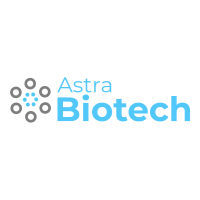Biotechnology can improve animal feed in following ways:
- Value-addition to forage used as animal feed
- Production of feed additives
- Manipulation of rumen microbes to improve feed utilization.
With increase in population the need for more food has increased. This increase has resulted in shortage of animal feed globally and increased the price of feed ingredients.
Biotechnology can be used to improve the forages and develop new additives for improving the animal health and production. Many of the biotechnological techniques can be employed in routine quality assurance programs, to produce livestock products of assured quality and public health safety.
Monogastric animals, like pigs and poultry, are unable to digest poor quality feeds unlike ruminant animals and it can be improved by using biotechnological feeds.
Animal feed additive:
A feed additive includes vitamins, amino acids, fatty acids, minerals, pharmaceutical, fungal products, and steroidal compounds.
The additives might impact feed presentation, hygiene, digestibility, or effect on intestinal health
A feed additive belongs to one or more of the following categories:
- Technological additives: any substance added to feed for a technological purpose.
- Sensory additives: any substance, that improves or changes the organoleptic properties of the feed, or the visual characteristics of the food derived from animals.
- Nutritional additives.
- Zootechnical additives: any additive that increases the performance of animals in good health or used to affect favourably the environment.
- Coccidiostats and histomonostats.
For various new projects/collaboration on application of biotechnology in animal feed, please feel free to contact us!
